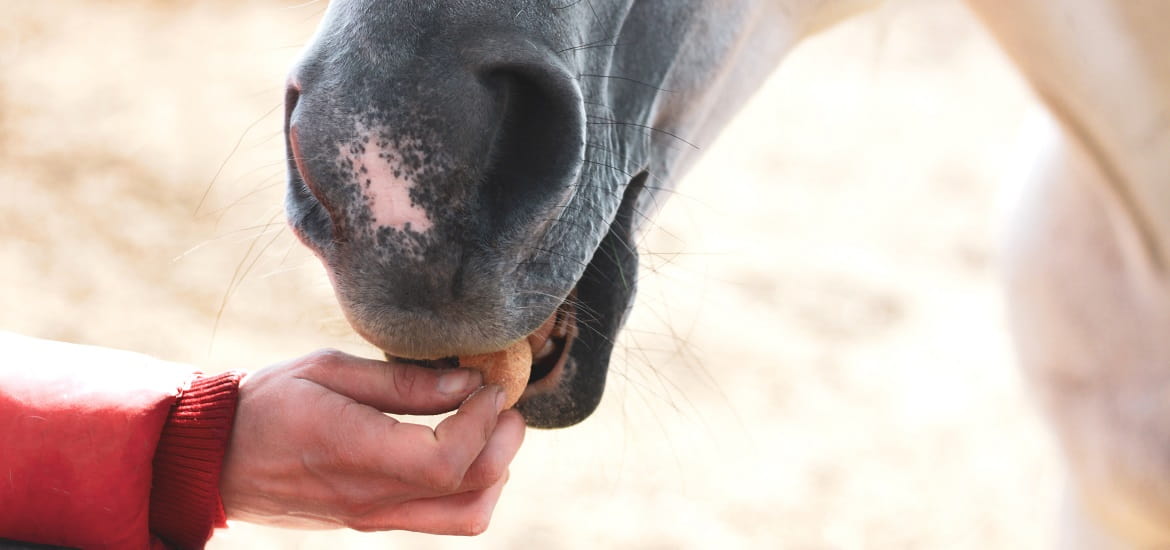Apr 29, 2021, 5:58 PM

Allergic diseases can seriously impact competition horses’ performance level. Allergens cause itching in their body and lead to respiratory and skin ailments that can pose a life threat. Based on the allergens, symptoms of equine allergies and their treatments may differ. It is essential to identify the allergens through reliable allergy testing for horses to provide the necessary therapies and treatments. The allergens enter into the horse's body mainly through the skin, respiratory tract, and gastrointestinal tract. The symptoms caused by various allergic diseases may differ according to these targeted areas. Here are some common equine allergies and their specific symptoms.
Recurrent Airway Obstruction (RAO)
This is a major respiratory equine caused due to their lung’s hypersensitivity to allergens. These allergens enter into the equine body through their respiratory tract. RAO treatment involves life-long management with relief medications along with environment and diet control. It is often caused due to organic dust or mold that are found in straw or hay.
Common signs of respiratory diseases: The common symptoms of respiratory allergies include lower performance, nasal discharge, flaring nostrils, chronic cough, increased respiration or troubled breathing. In the severe stage of RAO, the equine health may further deteriorate with weight loss, and it will become intolerant to exercises and work.
Insect Bite Hypersensitivity
Usually seen during summer time, this bug bite allergy happens in horses that are allergic to insect’s saliva. These allergies are caused by mosquitoes, culicoides, stable flies, horse flies, and black flies. Insect bite allergies can be detected through various dermatological symptoms such as itchiness, hives, dermatitis, and hair loss. Prevention of insect breeding to repel them from the horses is the first step. Omega-3 fatty acids can help in reducing skin inflammations and promote quick relief.

Food Sensitivity
As this involves internal gastrointestinal reactions and food allergies, proper veterinary allergy testing can help identify the cause. Food sensitivity may occur due to other intestinal ailments such as Leaky Gut Syndrome. The breakdown of the protective lining inside the horse’s intestinal tract causes improper digestion of food, and the larger proteins get absorbed directly into the bloodstream. The equine’s immune system becomes responsive to these larger proteins and makes it sensitive to that food.
Identifying the symptoms and correctly determining the equine allergy is important to administer the appropriate immunotherapy and treatment. Nextmune spot platinum allergy test can help in precisely arresting the allergen causing discomfort to the horse. This will help in desensitizing the horses to specific allergens with immunotherapy. The horses are slowly exposed to the allergens until their immune system becomes non-reactive to it.
